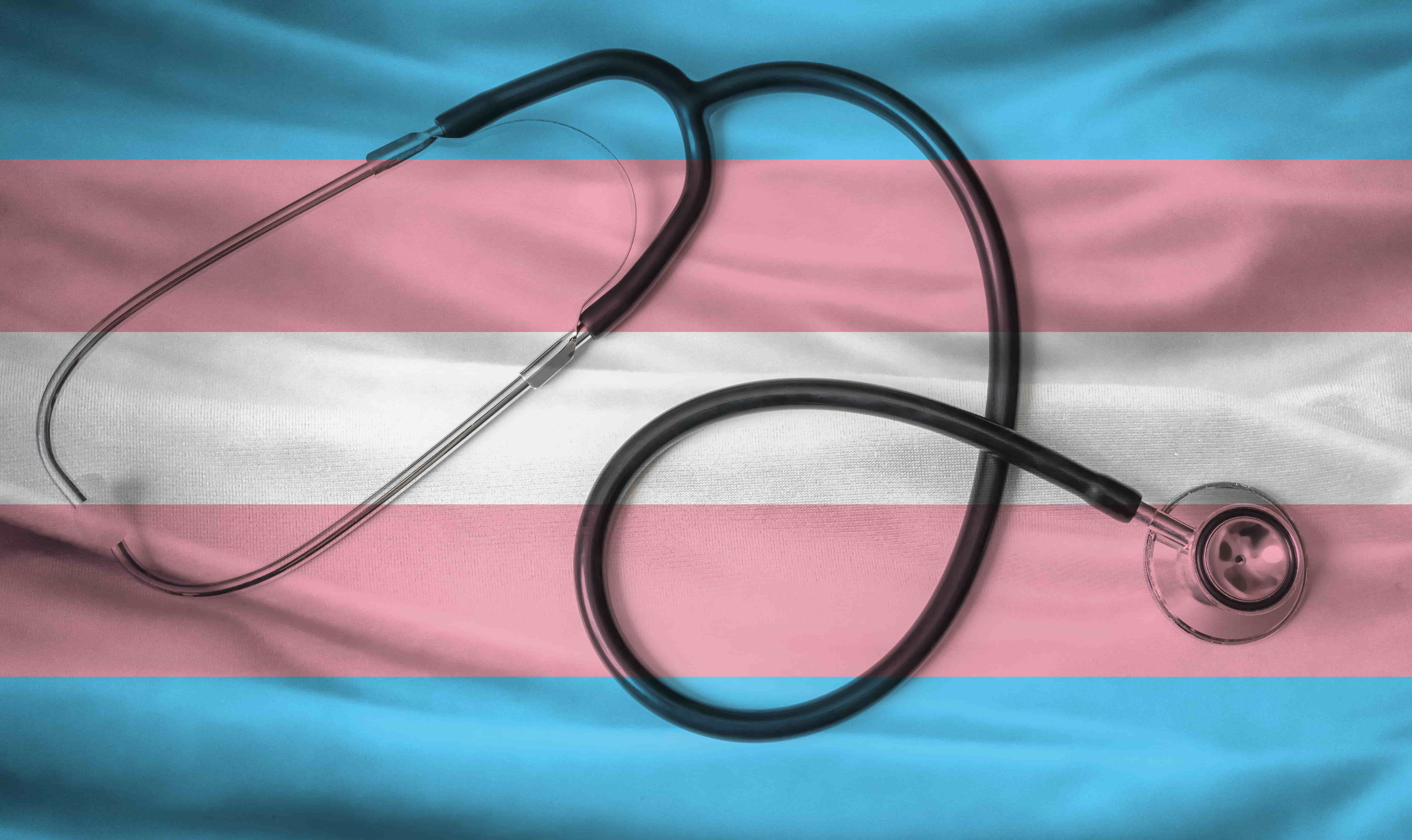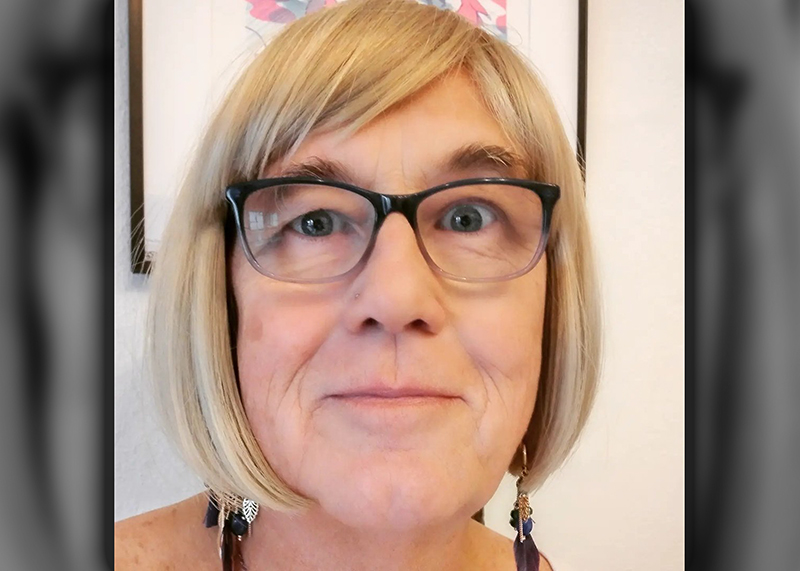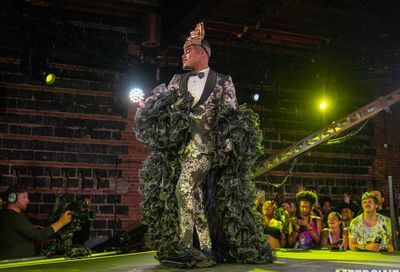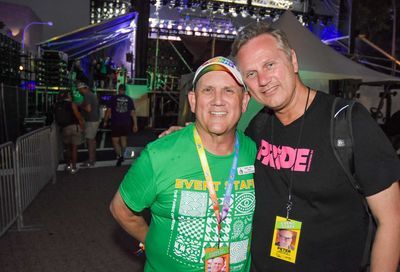Anchorage voters appear to have rejected anti-transgender ballot measure
Early returns indicate that the restrictive Proposition 1 is losing by about eight points.

Voters in Anchorage, Alaska, appear to have defeated a ballot measure that would have required transgender people to use only those bathrooms, locker rooms, or other “intimate spaces” that match their biological sex at birth, rather than the gender by which they identify.
About 16,000 ballots have been received by officials but have not yet been counted in Anchorage’s first election using vote-by mail. Updated results are expected to be posted later Wednesday, according to the Anchorage Daily News.
As of Wednesday morning, the “no” side — opposing the anti-transgender restrictions on public, shared facilities — was leading “yes” by about an eight-point margin, 53.9% to 46.1%, among the pool of votes that had been tabulated. Due to the mail-in ballots yet to be counted, the Fair Anchorage campaign, which is fighting against the measure known as Proposition 1, has said it does not expect to call the race until April 6.
Both sides remain cautiously optimistic that they will eventually emerge victorious, but LGBTQ advocates were particularly excited about the initial results.
“We are encouraged by the results of the first 50,000 votes, representing a quarter of all Anchorage registered voters, and are optimistic that this discriminatory proposition will be defeated as the remainder of mail-in ballots continue to be counted,” HRC National Field Director Marty Rouse said in a statement.
“HRC was proud to work on-the-ground alongside our Fair Anchorage coalition partners, leading transgender voices in Anchorage, and other Equality Voters. We are also thankful for the significant faith and business leaders who have spoken out against this dangerous, anti-transgender ballot measure.”
Other coalition partners included Freedom for All Americans, Pride Foundation, the ACLU of Alaska, Alaskans Together for Equality, and Identity, an in-state LGBTQ group — all of which sent staffers and volunteers to carry out phone banking and canvassing aimed at defeating the discriminatory proposition.
Both sides ran television advertisements, with the Yes on Prop 1 — Protect Our Privacy campaign highlighting testimony from a woman who says she felt “violated” by the presence of a transgender person in a locker room, sexual abuse victims, radical feminists, and even a transgender woman who wanted separate facilities for transgender people.
Meanwhile, the Fair Anchorage campaign’s commercials providing testimony from public safety advocates, Native Alaskans, and particularly Alaskan women who objected to being used as props for the anti-transgender campaign. They also ran ads featuring transgender youth and families who would be affected by the restrictive law.
Lillian Lennon, a field organizer with the Fair Anchorage campaign, told Metro Weekly in an interview that opponents of Proposition 1 were trying to emphasize that privacy and safety are values that everyone, including transgender people share, but that the restrictions will not make people safer. She also noted that Anchorage has had a pro-transgender ordinance in place for almost three years, and it has not resulted in an uptick in sexual assaults in bathrooms or locker rooms.
“We want to not only have people vote ‘no’ on Proposition 1, but educate them about important transgender issues that need to be discussed,” Lennon said, adding that the coalition hopes to continue discussions around transgender identity and transgender rights even after the election is past.
“Proposition 1 is an attack on transgender people. It’s about keeping trans people out of the restrooms, out of the public, and out of plain sight,” she says. “Transgender people exist, they matter, and we need to protect everyone under this [existing] nondiscrimination ordinance.”
Lennon also said the Fair Anchorage campaign had attracted support across the ideological spectrum.
“I don’t see this as a liberal or conservative ideology. I see it as a human rights issue,” she said. “We’ve definitely had a number of people from both red and blue backgrounds come out against Proposition 1.”
Support Metro Weekly’s Journalism
These are challenging times for news organizations. And yet it’s crucial we stay active and provide vital resources and information to both our local readers and the world. So won’t you please take a moment and consider supporting Metro Weekly with a membership? For as little as $5 a month, you can help ensure Metro Weekly magazine and MetroWeekly.com remain free, viable resources as we provide the best, most diverse, culturally-resonant LGBTQ coverage in both the D.C. region and around the world. Memberships come with exclusive perks and discounts, your own personal digital delivery of each week’s magazine (and an archive), access to our Member's Lounge when it launches this fall, and exclusive members-only items like Metro Weekly Membership Mugs and Tote Bags! Check out all our membership levels here and please join us today!






























You must be logged in to post a comment.